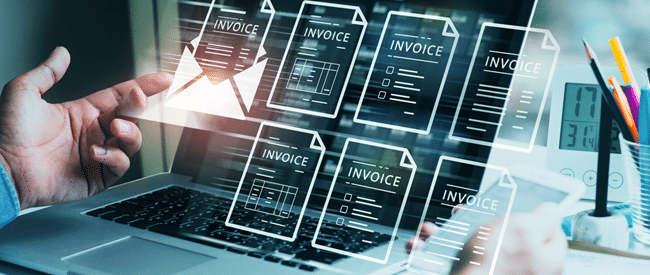Governed by a complex web of federal and state regulations and laws, the collections industry is facing a new set of rules for communicating with debtors.
Automated calls are under fire, with the recent Federal Communications Commission ruling that encourages carriers to block robocalls by default. The Consumer Financial Protection Bureau is considering other restrictions, including a limit on the number of weekly calls that debt collectors can make to consumers and how collectors handle recorded conversations.
Yet collections companies also may catch a break, with the CFPB proposing to allow electronic delivery for compliance correspondence, such as validation letters, that currently must be mailed.
Traditional methods losing steam
Shifting to digital is a major opportunity for collections firms. Old-school approaches focused on phone calls and mail are growing less effective as consumers are increasingly glued to their mobile phones, tablets and computers for web browsing, email, texting and social media updates.
Digital communications give more consumers what they want. “It’s about conversing back and forth, which email and texting make possible. More and more consumers are using these methods to communicate,” says Greg Sheperd, president of Meridian Financial Services, a collections agency for the vacation ownership industry.
Going digital
Meridian is already shaking up its outreach strategies. While it still sends most collection notices and other communications by mail, to comply with federal and state laws and regulations, Meridian is also creating and delivering electronic statements to customers who opt in.
Removing barriers to payment, including giving owners a choice in how they communicate, makes good business sense. “The consumer experience is everything,” says Sheperd. “A debtor today is an owner in good standing tomorrow.”
Using Nordis’ Expresso® customer communications management and Print/Mail solutions, Meridian can easily develop and distribute both paper and electronic communications, plus manage customer preferences. It delivers other important benefits, including:
- Simplified compliance. Present only state and federal disclosures and disclaimers that apply to each individual customer and quickly revise as needed to meet changing state and federal rules.
- Secure e-delivery. Send various types of emails, including secure emails that require user authentication and manage consent for electronic delivery.
- Automated record retention. Set archive duration based on unique program requirements and easily update to meet legal requirements with archiving feature.
“If the compliance changes do get implemented, we will be able to react in a timely fashion, and a large part of that is because of Nordis and Expresso,” says Sheperd.
About the Author
Bryan joined Nordis Technologies in 2016 to manage and grow the company’s already-large vacation ownership client base. He also is responsible for business development and market expansion in the healthcare and financial services markets. Before joining Nordis, Bryan spent more than 21 years with Interval International, a leading global provider of vacation ownership services. Bryan graduated from Northwestern University with a bachelor of science in political science.

Bryan Ten Broek
Vice President, Business Development







